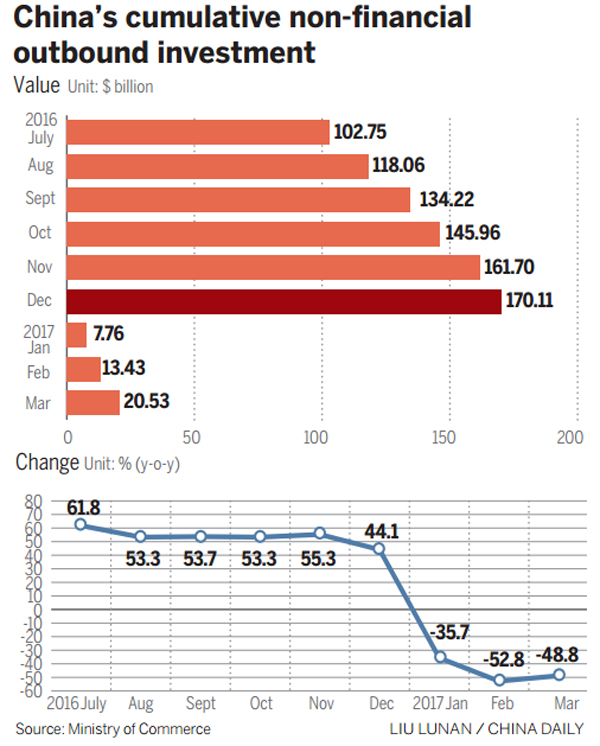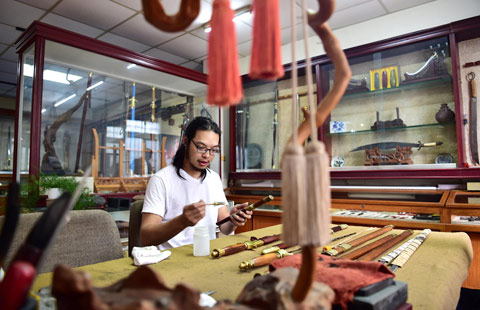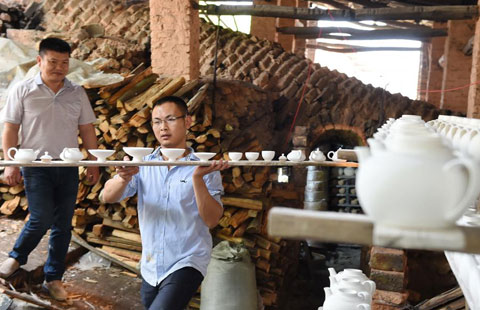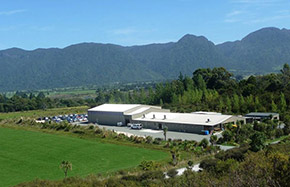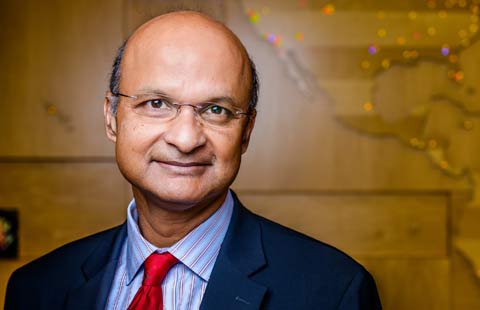Belt and Road Q1 ODI rises to $2.95b
Chinese companies invested $2.95 billion in the non-financial sectors in 43 countries and regions, an increase of 5.4 percentage points year-on-year, accounting for 14.4 percent of China's total ODI, according to the ministry.
The companies made 952 outsourcing deals in 61 countries and regions. Revenue already generated from the outsourcing projects along the Belt and Road Initiative reached $14.39 billion, up 4.7 percent year-on-year.
"Global cooperation in infrastructure, logistics and production capacity is the biggest highlight of the initiative," said Fang Qiuchen, president of the China International Contractors Association, which assists Chinese companies with construction business abroad.
"China's partners are mostly emerging and developing economies in the midst of industrialization, characterized by fast economic growth and offering enormous potential for development," said Fang.
State-owned companies such as China Merchants Group and China Railway Rolling Stock Corp, as well as Wison Engineering Ltd and Jinglong Group from the private sector, have formed different types of partnerships with global companies to conduct business.
In the first quarter of this year, nearly 80 percent of engineering contract value was contributed by 156 large projects, each of which had an investment of more than $50 million, according to the ministry.
China's ODI in the non-financial sector declined 48.8 percent year-on-year to $20.53 billion between January and March. In March alone, the country's non-financial ODI dropped 30.1 percent year-on-year to $7.11 billion, according to the ministry.
The ministry's website said that manufacturing, services and information transmission, as well as the software and the information technology industries took the lead in investment value, showing the special attention Chinese companies attach to the real economy and emerging industries in outbound investment.
Denis Depoux, senior partner of Roland Berger Strategy Consultants, said: "Chinese companies, primarily State-owned enterprises, are keen to cooperate with foreign enterprises in order to work in 'third party' countries anywhere along the initiative."
